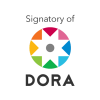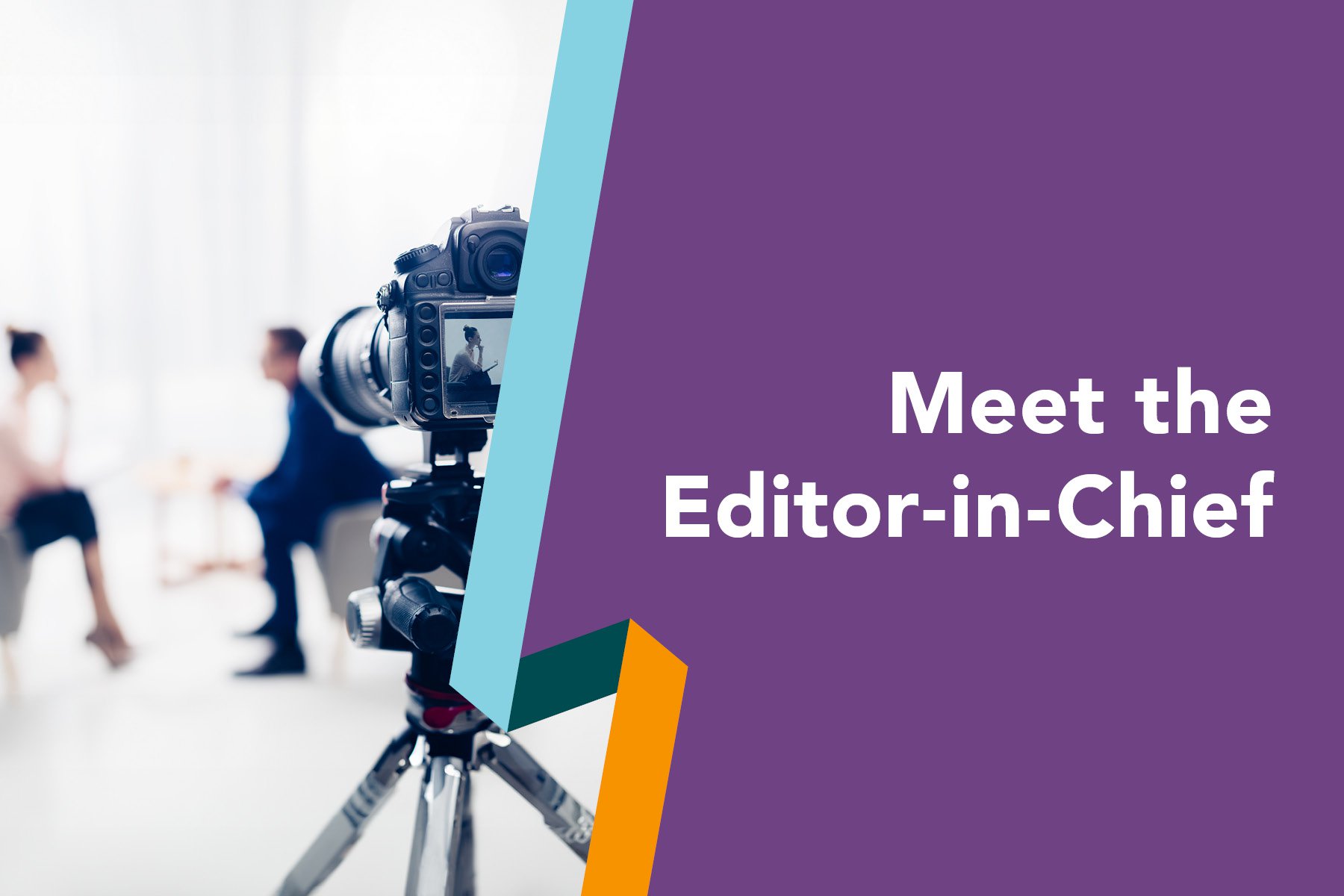Some feel that potential in research communications is stifled by the tyranny of ‘prestige’ when it’s measured solely by journal impact factor. The Declaration on Research Assessment (DORA) and its supporters – including Karger Publishers – are promoting measures to enable a more balanced system.

When we signed DORA early this year, we formalized our ongoing dedication to best practices and wide-reaching support of the research community. DORA, a global initiative launched in 2012, came out of the need to improve the way researchers and research outputs are evaluated. It aims to raise awareness, facilitate implementation, catalyze change and improve equity in scholarly communications. Nearly 22,000 organizations and individuals have signed to date.
To this end, DORA guides publishers, research funders, institutions, researchers and organizations that provide metrics for publications with an array of recommendations. The first is this: “Do not use journal-based metrics, such as Journal Impact Factors, as a surrogate measure of the quality of individual research articles, to assess an individual scientist’s contributions, or in hiring, promotion or funding decisions.” What exactly is the problem with impact factor? It can be useful, but overdependence on impact factor as a criterium to assess individuals and their work can create a vicious cycle.
Put very simply, if career-impacting decisions are made based on the impact factor of the publication in which a job seeker or grant applicant has published, a number of consequences may ensue: Authors may feel pressure to prioritize impact factor above all else when seeking a venue to communicate their work – and that can come at the expense of choosing an Open Access journal or another well-suited journal just because it has a lower impact factor, for example. Or, pressured to heighten impact factor, journals may overlook articles with valuable insights because they’re less likely to reap ‘impact’-boosting citations. All this can all hamper wider adoption of Open Access and Open Science practices, which are at the core of scientific principles.
We as a publisher may not be able fundamentally to change the situation. But we can support our stakeholders advocating for change and ensure we provide publishing conditions that are conducive to a dynamic, equitable research ecosystem. Here’s how we practice DORA’s recommendations for publishers:
- We have mindfully reduced emphasis on journal impact factor as a promotional tool. While impact factor is important information, we aim to convey it in context.
- We communicate a range of metrics on our website at an article and journal level, of which impact factor is just one. This presents a thorough, balanced snapshot of our journals.
- We strongly encourage responsible authorship practices and guide authors so they understand what these are. Our published articles include information about each authors’ specific contributions.
- We facilitate re-use of reference lists in research articles and support the Initiative for Open Citations (I4OC), making citation metadata openly available via Crossref.
- We ask authors to adhere to the Uniform Requirements for Manuscripts Submitted to Biomedical Journals from the International Committee of Medical Journal Editors (ICMJE). That includes guiding them to “provide direct references to original research sources when possible” and we generally do not strictly limit the number of references in research articles, particularly in online publications without print constraints.
The challenges of research assessment appear to be deep-seated, and it has proven rather difficult to move the needle. But we join with DORA and so many members of the research community to raise awareness and work toward a more equitable, open ecosystem.






Comments
Share your opinion with us and leave a comment below!